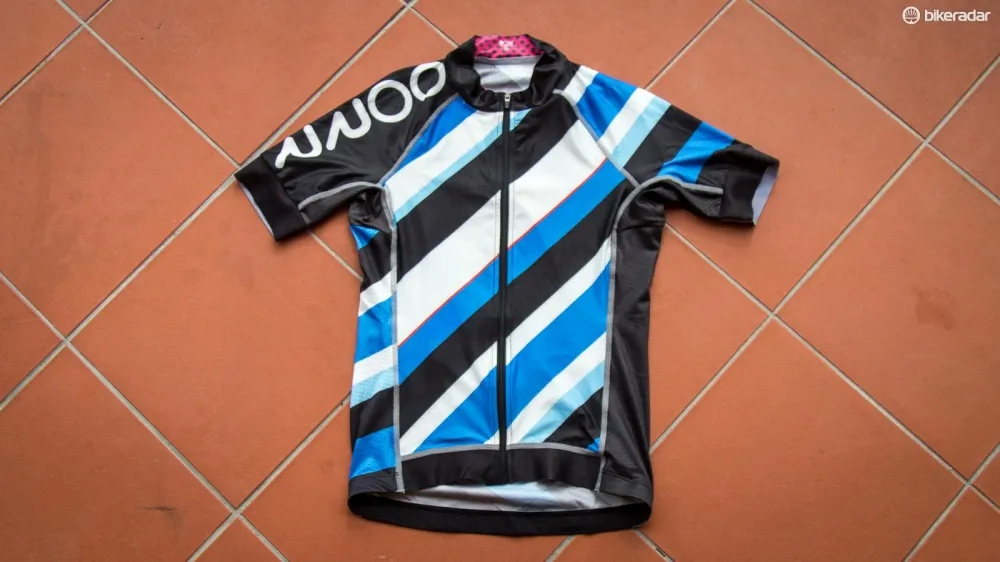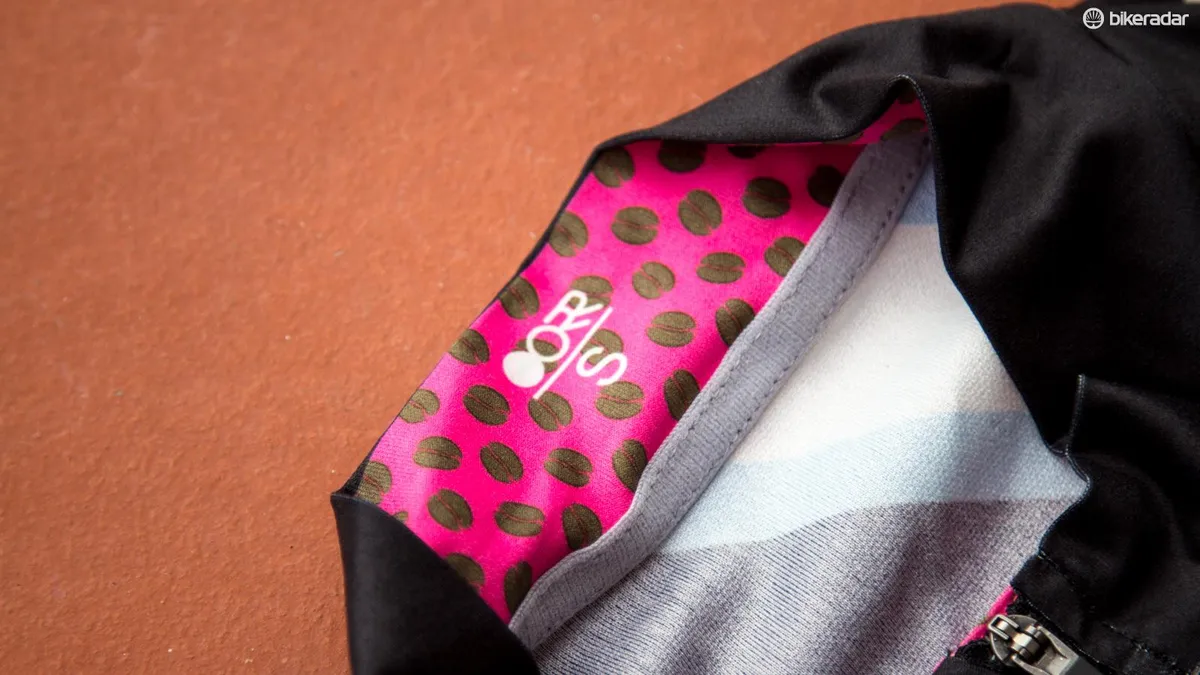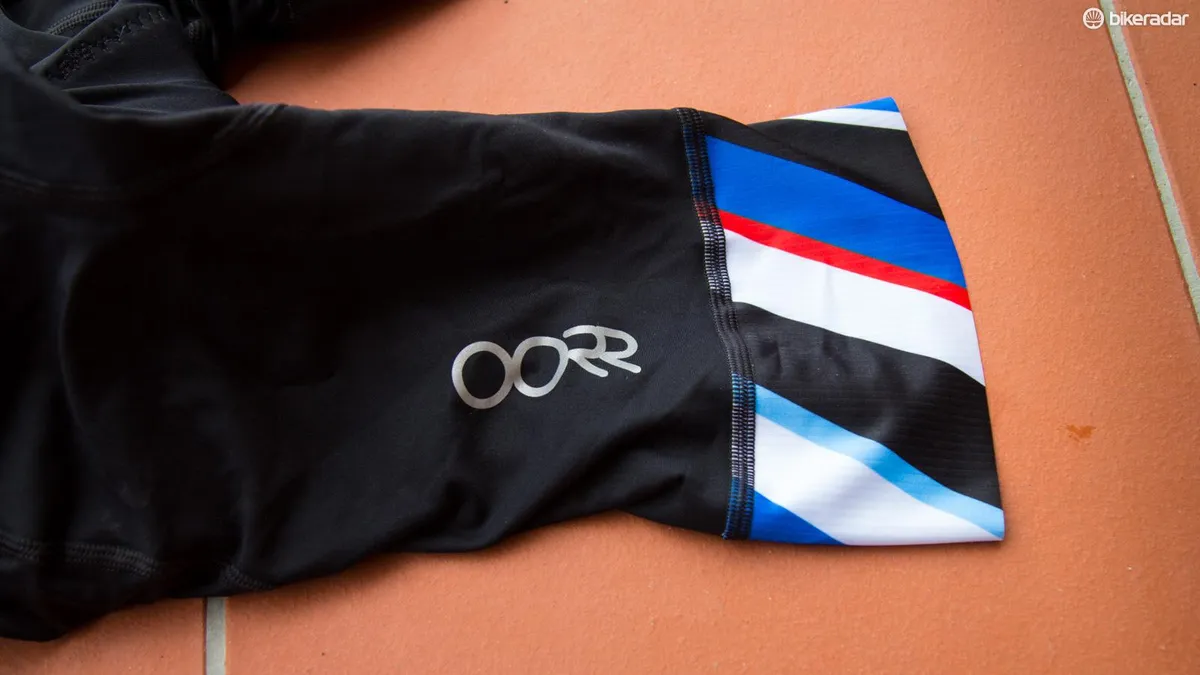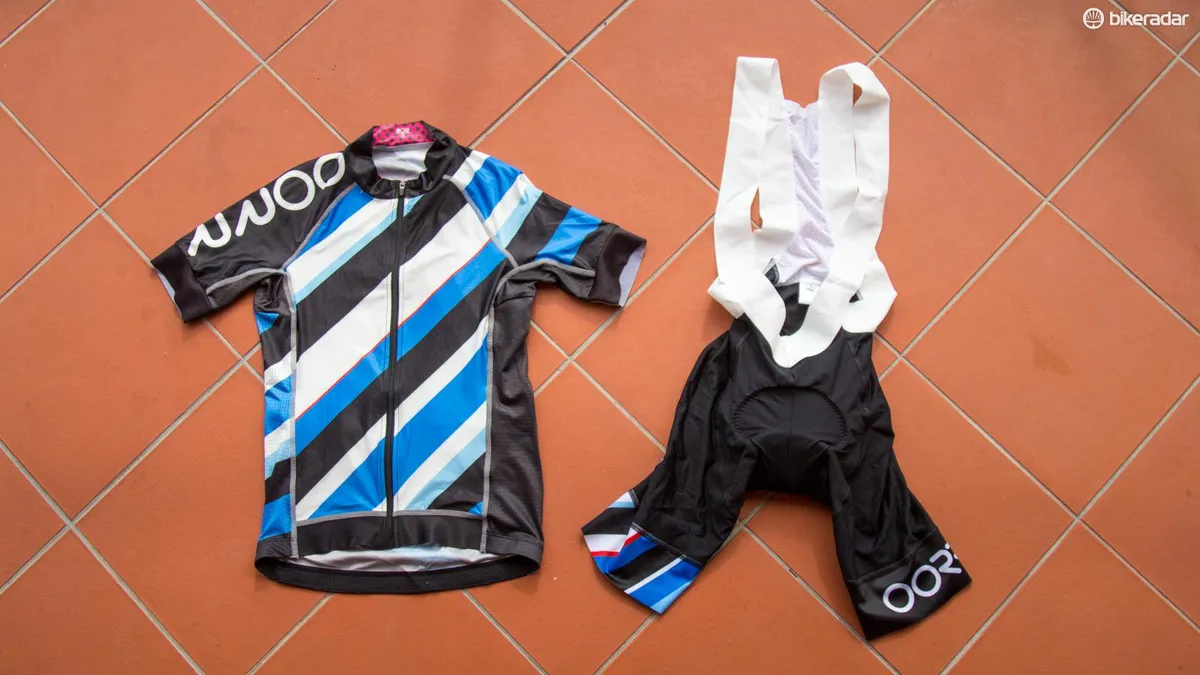It’s no secret that humans have had a major impact on the environment, and as a whole, there are always more ways to lessen our individual environmental impact. While choosing to ride a bike instead of driving a car is a start, have you ever thought about what impact manufacturing your bike, tyres, helmet water bottles and even riding clothes can have?
The fashion industry is the world's second largest polluter (only outdone by oil), and according to an article published last year in Forbes is responsible for ten percent of global carbon emissions. Aiming to change that with its latest release is Aussie start-up OORR (Out Of The Rat Race), just launched on Kickstarter.
“The fashion industry is so diabolically bad for the environment, and it’s one space we can have a major impact causing the least amount of economic pain — it's low hanging fruit for causing massive change”, says Tim Christian, founder of OORR.
You may remember OORR from our Wild Style Aussie Kits roundup, where we featured the brand's first jersey which has all but the stitching print and elastic made from reclaimed materials. It wasn’t perfect, but it was a hell of a jumping off point in establishing what was possible with recycled materials.
As a whole, recycled garments aren’t necessarily looked at as ‘premium’ products, and in the past haven’t performed to the same level as garments made with ‘virgin material.’ “The challenge is to change the perception of what it means to make garments with recycled materials. I want to prove just because it’s recycled doesn't mean it's inferior,” says Christian.
The Pro Jersey

For the most part, cycling kits are based around polyester. Christian explains, “Polyester is just plastic, and with good PET plastic — like the bottle you’re drinking out of now — we can make any polyester with recycled material. Once it’s made it can be broken down and re-made infinite number of times with no degradation.”
Using this idea, OORR has worked with a textile manufacturer to create a unique fabric made with used coffee grounds, yarn and recycled polyester. The discarded coffee grounds are introduced to polyester thread to ‘rough up the surface’ of the yarn and add surface area to each thread, which Christian says allows the fabric to not only dry faster, but also offer superior UV protection compared to standard polyester.

This pre-production Panache sample jersey uses 30 percent recycled polyester, with the coffee yarn being made with virgin PET. However, that number is subject to change based on the success of OORR’s crowdfunding campaign.
“It’s totally possible to make the entire jersey from recycled material. The trouble is the coffee thread is expensive, the minimum amount I can order for the thread to be 100 percent recycled poly is 10-tonnes — that’s enough to make 400,000 jerseys!"
Even still, in its current state Christian tells us that the Panache jersey incorporates five plastic bottles, and for every kilo of recycled polyester made at its bluesign®-certified textile facility, 50,000 BTU’s (British thermal unit) of electricity are saved or roughly the same amount of energy as 1.7 litres of gasoline.
The shorts

It’s not just the jersey that’s surprisingly technical, the bibs feature unique odor control properties borrowed from frogs.
African clawed frogs were found happily living in bacteria infested ponds with no ill effects. Researchers studied the frogs and found they secrete a unique peptide that instantly kills bacteria with savage efficiency.
The researchers found this peptide was positively charged and thorny like a sea urchin. So the bacteria is literally pulled into the particle because of its charge and skewered on its thorns.
“It’s so effective when someone is moved out of a quarantine room at a hospital and everything needs to be cleaned they’ll fog the room with this stuff and they even use it to sterilize surgical instruments,” Christian says. “When it’s used in garments it often gets compared to silver ion thread used for odor control.”

“The silver thread works great, but the trouble is it’s a heavy metal and can be really bad for the environment if it leeches, and the effects wear off over time”, Christian adds.
The researchers who discovered this peptide were able to create a nanoparticle which mimicked the frog's bacteria defense, and before the fabric leaves the factory it's 'washed' with a solution containing the particle. Christian tells us that because of the way the nanoparticle is constructed the thorns grab onto the yarn and never let go.
On top of the natural odor defense, the shorts are made with post-industrial waste nylon off cuts.
The look

For the latest release, Christian wanted to create a high-quality kit that looked great but also brought attention to the rider on the road. It’s safe to say he’s achieved that, but the pattern featured on the Panache jersey is far from arbitrary.
By trade Christian is an airline pilot, and somewhere between Sydney and Johannesburg staring at the controls he had an idea. “In the cockpit, there are quite a few buttons and switches that once touched cannot be untouched, and they’re marked by contrasting diagonal lines,” he says. “There’s tons of research on this pattern and our subconscious has been trained when we see these patterns for alarm bells to go off in our head. Just look at caution tape, or police tape — they even use this pattern on steps and lowering ceilings.”

"I chose to add this pattern to the new jersey in the hope that it will trigger this subconscious reaction with drivers and they’ll pass with caution," Christian continued.
According to a report published by Science Magazine in 2015, between four and 12 million metric tons of plastic washed into the ocean in 2010 alone. Even though OORR’s Pro kit may not make much of a dent in this statistic, hopefully, it may change the perception of garments made with recycled materials.
For more information or to donate check out OORR’s Kickstarter Campaign.

